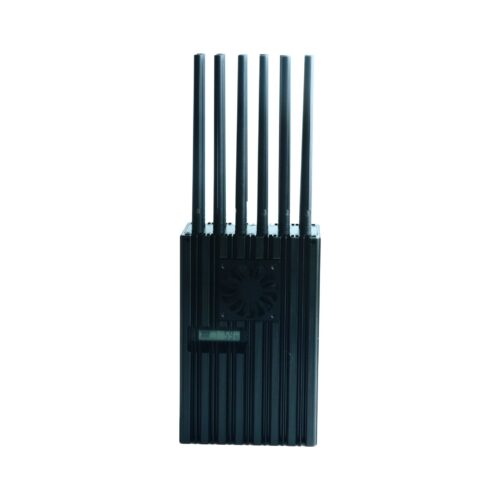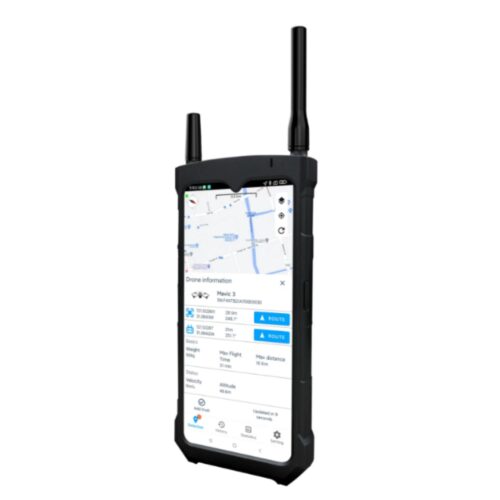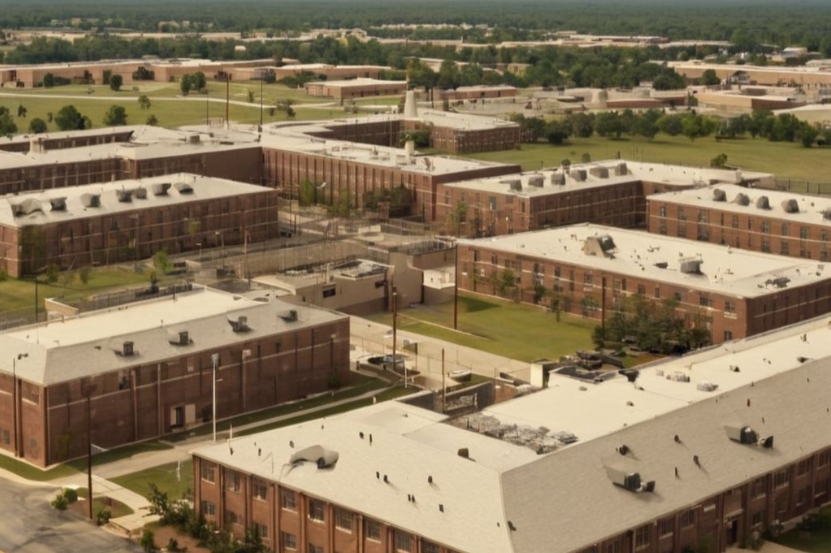
Scan the WeChat code to contact us

Scan the WeChat code to contact us


Original price was: $1,160.00.$580.00Current price is: $580.00.
10 Antennas 2G 3G 4G 5G WIFI Lojack GPS jammer ,Find details about 10 Antennas,Antennas 2G 3G 4G 5G,Lojack,GPS Jammer,WIFI Jammer from 10 Antennas
Are you thinking about to take a stand in defense of your privacy? Do you want to keep away from people spying on you? Here is 10 Antennas Desktop Jammer, which can make your own wireless LAN/WIFI radius up to 80 meters.
★10 antennas design,6-10 watt each band
★High output power, Total up to: 84W, jamming up to 100m (Still depends on the strength signal in given area)
★External high gain 3-5dbi Omni-directional antennas all the TX frequency covered down link only
★Build-in AC110-240V to 24V adapter, Safe and easily use.
★Built-in good cooling system inside 9 fans and temperature control fans.Working non-stopped
★Can adjust or turn off any single band without influencing the other bands operation
★Independent module design with frequency source of each channel, easy maintenance (if have any damaged frequency band, replace with new PCB directly, no need for professional equipment such as frequency analyzer)
★ODM and OEM orders are welcome, you can select any 10 bands for your require.
Working frequency:
1.CDMA 800:850-894MHz 10W
2.GSM 900:925-960MHz 10W
3.DCS&PCS: 1805-1990MHz 10W
4.3G :2110-2170MHz 8W
5.4GLTE:725-770MHz or 790-826MHz 10W
6.4GWimax:2345-2400MHz or 2620-2690MHz 6W 7.5G1:3400-3600MHz or America 617-630MHz 6W
8.5G2:3600-3800MHz or America 630-652MHz 6W
9.GPSL1:1570-1580MHz 8W
10.WIFI:2400-2500MHz 6W
Output Power:84W Power supply: AC 110V/220V DC 24V
Size:310x 290x 90 mm(not Include Antenna) full set Weight:8.5kg
Shielding Radius:50-100meters @-75DBM (depends on the signal strength in the given area)
Working Time:Work non-stopped, Can work 24 hours * 7 days * 12 month
Jammers Blockers Jamming devices & systems for Mobile Cell Phones GSM CDMA 3G 4G 5G LTE WiMax, RF Wireless, WiFi 2.4Ghz 5Ghz 3.5Ghz, EOD, Anti-Bombs RC IEDs , GPS GLONASS Tracking & locating devices, wireless Spy devices, VHF UHF Two-Way Radios, Wireless remote controls RC 315Mhz 433Mhz 868Mhz etc.
Mobile phone jammers have now affected every aspect of our lives. It can be said that people's lives are inseparable from smartphone jammer. The Smart phone is not only a payment tool, but also an important tool for communication, information browsing, messaging, entertainment and so on. Modern people can go without food for a day, but they cannot leave their smart phones for a moment, and cell phones have become the spiritual opium of modern people. That's why we firmly believe that almost everyone should own a cell phone signal jammer, an essential must-have gadget for everyday life.
In fact, there are many types of frequency jammers, such as mobile phone blockers, Wifi jammers, GPS jammers,... They are used in different places, and their names are different according to their functions. But one thing is for sure, it can help those who need it address privacy and security concerns. If you are careful enough about life, you will find that signal jamers have been widely used in various places around us.






Reviews
There are no reviews yet.